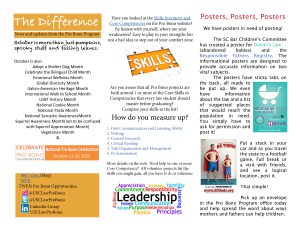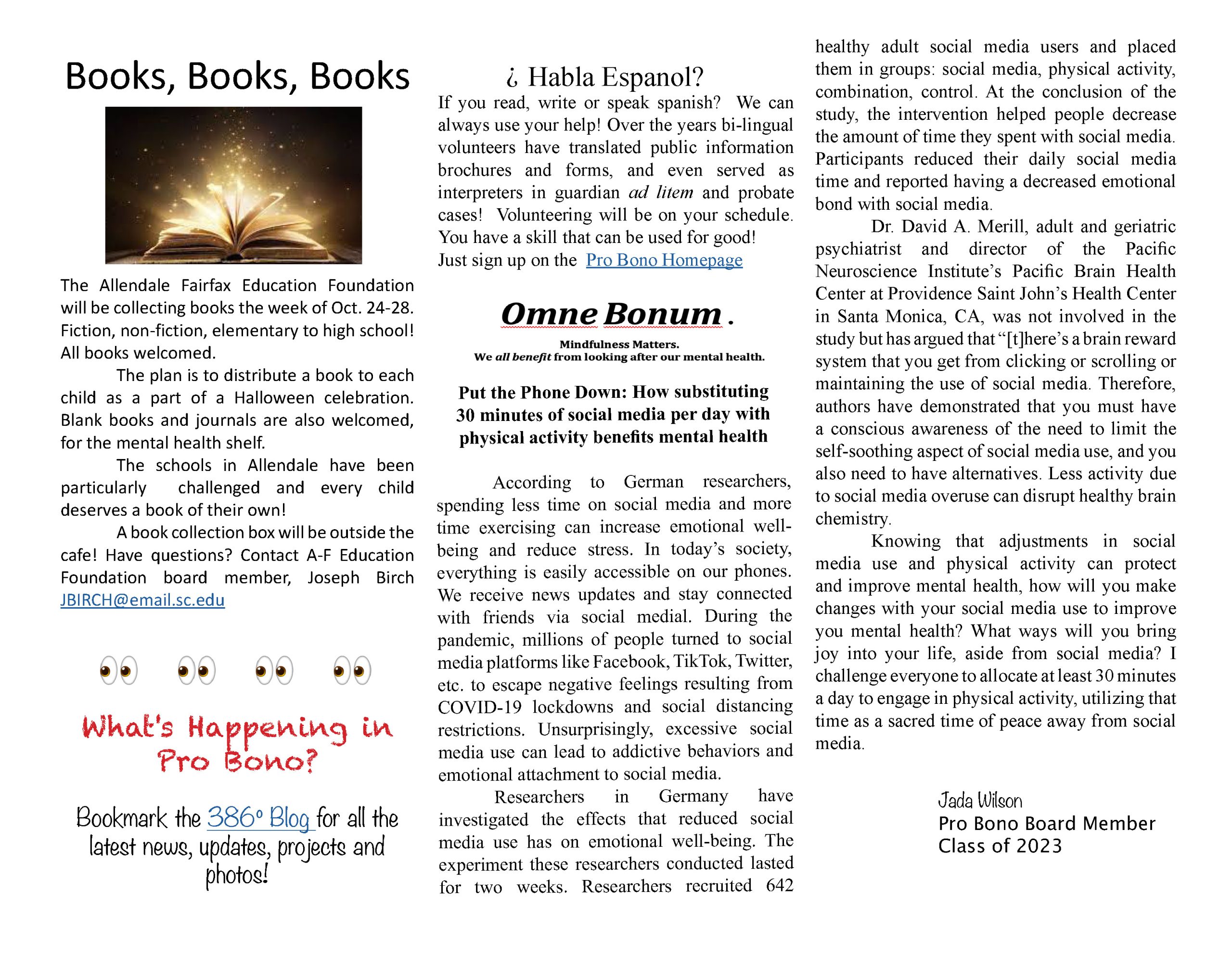I thought we could all learn from this article. None of us are perfect but that is OK
Pam Robinson
Our whole society has been gravitating toward an objective that is built less around finding success and more around avoiding failure. The challenge is that when the focus is around not failing, success becomes more difficult to attain.
A good example of this is when a football team is trying to protect a second-half lead by playing overly cautious. The net effect is that the trailing team is empowered, and often ends up winning. Recall the 2017 Super Bowl LI when the New England Patriots overcame a 25-point third-quarter deficit to defeat the Atlanta Falcons.
As a university professor, I teach my students that failure is the best predictor of future success. When I was a graduate student, my two lowest grades were in the two subjects in which I have made the most significant career contributions. Coincidence? Hardly. The subjects that presented the greatest challenges were also the ones that required the hardest work and most effort. This eventually gave me skills and insights that yielded the most substantive results.
Young people must be taught that failure is an acceptable outcome, and how to use failure to build toward future success. This means teaching them how to embrace risk in a meaningful way.
It is far riskier to take no risks than to assume an appropriate level of risk commensurate with the rewards that are available. Think of the person who puts their money in a bank account earning a pittance of interest while inflation erodes its buying power. By unknowingly believing they are taking no risk, they are assuming risks that will cost them far more over time.
While young people need courses that teach them life skills to earn a living and manage their finances, teaching them the benefits of risk-taking and how to use failure as stepping-stones for future success should be staples in our education system at every level. The challenge may be finding people with the necessary competencies to instruct on such topics.
Sheldon H. Jacobson, Ph.D., is a professor in computer science at the University of Illinois Urbana-Champaign. A data scientist, he applies his expertise in data-driven risk-based decision-making to evaluate and inform public policy.


